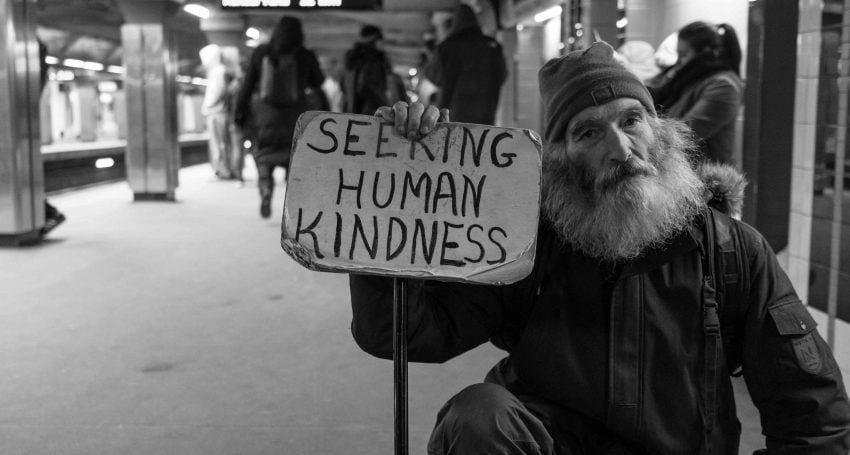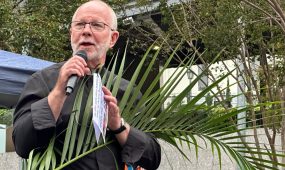As a species, we are resilient
Reflections
The Rev’d Dr Ann Solari, a GP who works daily with vulnerable people within the homeless sector in central Brisbane, reflects on how “As a species we are resilient, but as individuals we may not be”

As a species we are resilient. Humans survive and often thrive under adverse situations and in adverse environments.
As a species we are resilient, but as individuals we may not be. Our resilience as an individual depends on not just our genetic make-up, but our life experience.
Resilient people are aware of situations, their own emotional reactions and the behaviour of those around them. Resilient people understand that life will always be full of challenges, but remain hopeful, open, flexible and willing to adapt. Resilient people learn strategies to deal with challenging situations and use them appropriately.
Advertisement
A common myth is that people who are homeless are more resilient than those of us who live a ‘comfortable life’. The reality is that this is often untrue, some are resilient, but many have only learnt how to survive on the streets, not how to effectively deal with the issues they face and to move onward and thrive in this world. They face significant stress on a daily basis.
Research shows that more than 80% of Australian homeless adults report at least one diagnosed mental health condition, rates of non-suicidal self-injury and attempted suicide are much higher among those who are homeless, and rates of substance use are disproportionately high among those experiencing homelessness.
Research shows that people who have experienced long-term rough sleeping have an average life expectancy of just 47 years, compared to 77 years among other Australians, and that rough sleepers are 11 times more likely to be the victims of violence than those who haven’t experienced rough sleeping.
Many who are homeless have had prejudicial childhoods, many have experienced abuse, many have not had consistent positive relationships with their caregivers, many have started using drugs or alcohol during their teenage years. Most have been let down by their families, their friends and their community. They have not had the opportunity to learn the skills that lead to resilience. Many who are trying to deal with adult problems in our housing, financial, health, legal and social security systems only have the emotional maturity of a 14-year-old; if you start using substances to solve your problems, you completely stop your emotional development. People who are homeless are constantly failing at the things our society values, they stay unemployed because there are not enough jobs, they stay homeless because there is not enough affordable housing, and they cannot improve their prospects because Newstart is not enough to live on. Many have no hope.
Advertisement
There is a huge cost attached to homelessness, both for the individual and the community. When people live on our streets, they get sick, they die and they become victims of violence; they need the police and ambulance services; they find themselves in our courts and our jails; and, their mental and physical health issues get worse.
Homelessness is a marker for individual lack of resilience and community lack of resilience.
Do we have a solution?
This reflection was first published in The Eagle, the magazine of St John’s Anglican Cathedral.





